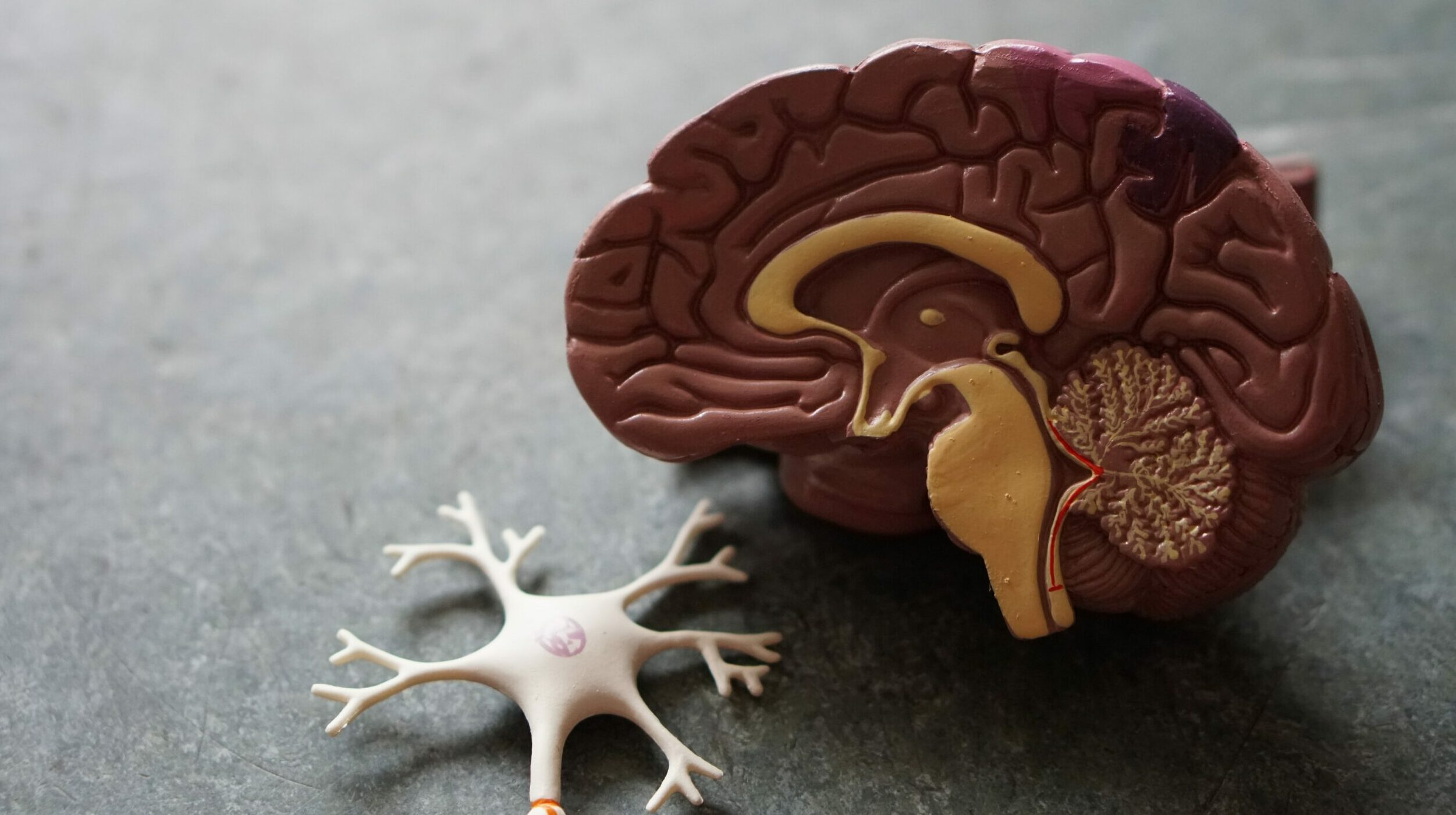What can neuroscience tell us about the well-being of people and nations? Is a happy brain a more productive brain?
Keys to increasing our levels of well-being and building happiness in times of pandemic
The economic and social progress of a country is often measured by estimating the productivity, growth or longevity of the population. These indicators are used to make decisions and guide policy. However, do these metrics tell us about people and their well-being? Today governments and organizations are increasingly focusing on increasing people’s happiness, overall satisfaction with life, and sense of purpose. Neurosciences, together with other disciplines, offer great potential to try to understand the neurological bases of well-being and contribute with key aspects for its personal and social construction in different areas and moments of life.
With this approach, and taking into account the unprecedented difficulties that the pandemic brought, the INECO Foundation carried out the First International Virtual Symposium on Neuroscience and Well-being. On October 28, researchers of international recognition, experts in cognitive sciences, education, sociology, economics and music therapy, among other disciplines, met virtually to share the latest research in mental health and provide practical tools to cope with the impact that has generated COVID-19. Virtuality, the protagonist of these times, allowed the enormous participation of the public: there were more than 17,000 people from 40 countries registered for the talks.
Facundo Manes, founder of the INECO Foundation, was the first speaker of the afternoon and began his talk by explaining how well-being, a broad term used daily, can be approached from a scientific point of view. “It is not easy to define something as happiness or well-being since they are complex constructs. Many times it is convenient to decompose it, not to minimize or reduce it, but to understand it more clearly ”. One of the notable research focuses of neurosciences has been the determination of the reward circuits in the brain – keys to pleasure and desire -, mechanisms that involve different brain regions and that are communicated through chemical messengers. These circuits are activated when we carry out a pleasant activity or fulfill a goal. But after that task is done, what happens to us? How long does this well-being last?
Happiness is not given only by immediate pleasure, hedonic life, the satisfaction that a meal, a landscape, a meeting with friends can provide us. But also for the satisfaction that long-term achievements give us, fruits that arise from the effort of work and planning: eudaimonic happiness. Manes reminds us that our brains are constantly changing and that each one of us can positively influence these changes: the decisions we make on a daily basis influence our health, our projects and our happiness. While there are studies that show that genetics can determine a proportion of our well-being, this influence is not more than 30%, which means that we can modify it since happiness is built.
And how do we make that well-being happen to us? Some of the key aspects mentioned by Facundo Manes are:
- Accept negative emotions and recognize the complexity of life: it means that we are connected with what is happening to us.
- Work on the way we think and express our feelings, reducing negative thoughts. “Change the way we feel by changing the way we think.”
- Set and achieve realistic goals.
- Savor ordinary positive events.
- Have healthy habits: physical activity reinforces our creative thinking, it is a good anxiolytic and natural antidepressant. Eating a healthy diet and taking care of your sleep is also important. Sleep between 7 or 8 hours.
- Regulate the demands of the environment to our real possibilities: sometimes saying that it is not healthy.
- Manage our expectations.
- Promote spirituality and sense of purpose.
- Meditate, enjoy the present. A brain attentive to the present is a happier and more productive brain.
- Be grateful for what you have instead of worrying about what we lack.
At the same time, there were notable presentations by experts in music therapy, technology and exercise neurophysiology who, in addition to inviting reflection on the neuroscience of well-being, provided tools both at the individual and community level. The repercussions of those attending the Symposium did not take long to be noticed on social networks that were flooded with comments of appreciation. It is very possible that going through this pandemic will make us more altruistic, more grateful and more empathetic. But for this to happen, in an extremely difficult and unique context, it becomes imperative to share scientific knowledge to build resilience and to address well-being.

